When Kabul fell to the Taliban in August last year, more than 15,000 people were evacuated to the UK. At least 8,000 were Afghan nationals, quickly housed in hotels up and down the country. The ‘contingency accommodation’ was meant to be temporary, but five months later there’s no sign that any of the families are going anywhere.
‘It’s not really a hotel, it’s more like a camp,’ says Sarah, 17, whose family of eight was caught in the chaos at Kabul airport, before escaping on a military plane as part of the ARAP (Afghan Relocations And Assistance Policy) for refugees with British links. ‘My family has been [in the hotel] for at least three months. We haven’t been given any sort of timeframe of when we can leave, we’re just waiting.’
The hotels housing Afghan refugees have been subject to a number of complaints in recent months, with residents reporting withheld food, a lack of basic healthcare and feelings of isolation. The families are in limbo, still waiting for communications from the Home Office about their right to live and work in the UK.
For those who can afford to rent their own homes, the Government has offered no clarification on whether leaving will affect their applications for permanent status in the UK. Are they obliged to stay where they’ve been placed? Will the Home Office lose touch if they move out of the hotels? Charities like Refugee Action say they are asking these questions to no avail.
Sometimes, the pregnant women were only given water instead of food.
In the meantime, the reports of welfare issues in the hotels are causing concern. Earlier this month, MP Peter Kyle wrote to the Home Office demanding an inquiry into the treatment of five pregnant women housed at one in his constituency. He says one woman had been unable to see a doctor since arriving in the UK, despite being 38 weeks pregnant. ‘Sometimes, the pregnant women were only given water’ instead of food, his letter claimed.
The Home Office would not comment on individual cases, but said, ‘Asylum seekers in our care have access to medical support if they need it’ and are ‘provided with a choice of three meals a day in line with NHS nutrition guidelines, as well as constant access to drinking water.’
Sarah says welfare issues are not common at her hotel, but that the differences between accommodation are vast. ‘Where I am, the doctors are always there. The food is fine, but not everybody is happy. The worst thing is the lack of facilities, depending on which hotel you end up in – a family that moved in recently were all crying because in their previous accommodation the kids could go to school. We couldn’t.’
Louise Calvey, head of services and safeguarding at Refugee Action, says change is needed. ‘There does need to be improved support from the Government on what is required to make these hotels safer environments so there is a quality approach to healthcare, mental health provision and inclusion in every single one,’ she says. ‘It’s going to take an awfully long time to house these families and the Government needs to address the reality of these circumstances.’
The mental health provision is vital, particularly for young children traumatised by the scenes in Kabul. Sarah says her younger siblings, one as young as five, still can’t speak about Afghanistan or listen to music that reminds them of home.
My siblings had never seen guns before and they were terrified, I don’t think they’ll ever forget that day.
‘When we got to the airport the Taliban were shooting and everyone was screaming. My siblings had never seen guns before and they were terrified, I don’t think they’ll ever forget that day,’ she explains. ‘You feel like they’re not children any more. They come out with such shocking things, like “the Taliban ruined out world and it won’t get better”. We didn’t know it would have such an impact on these babies that don’t understand anything about it. My little sister is always trying to control herself not to cry, they think they need to be calm and forget about the situation, but I don’t think it’s good for children their age to think like that. I’m really worried about them.’
It’s why starting the ‘new life’ Boris Johnson promised as part of Operation Warm Welcome in September is so important. But the Government’s own projections state that Afghan refugees will be stuck in these hotels for at least a year. According to Louise, the hold-up is due to the speed of the Afghan evacuation and a lack of available housing.
‘What happened in Afghanistan is very different to the way we normally resettle refugees,’ she explains. ‘The Government went in and grabbed thousands of people and housing just wasn’t ready. And we all understand that, but the bottom line is we’re four months in now and there hasn’t been any coordinated response or communication about the options for these families in contingency accommodation.’
For Sarah, the promise of a new life is her only hope that one day she will be able to help others who weren’t as lucky as her. ‘Before this happened, my friends and I would plan our futures together, but now they don’t have any hope to even think about that. I can feel their pain. And they’re so strong because some of them are not giving up, they’re standing in front of the Taliban, raising their voices and demanding their rights back. That inspires me so much, because why can’t I do something for them while I’m in a better situation?’
Click through for charities you can support providing help for Afghanistan civilians...
SEE: How To Support Civilians In Afghanistan
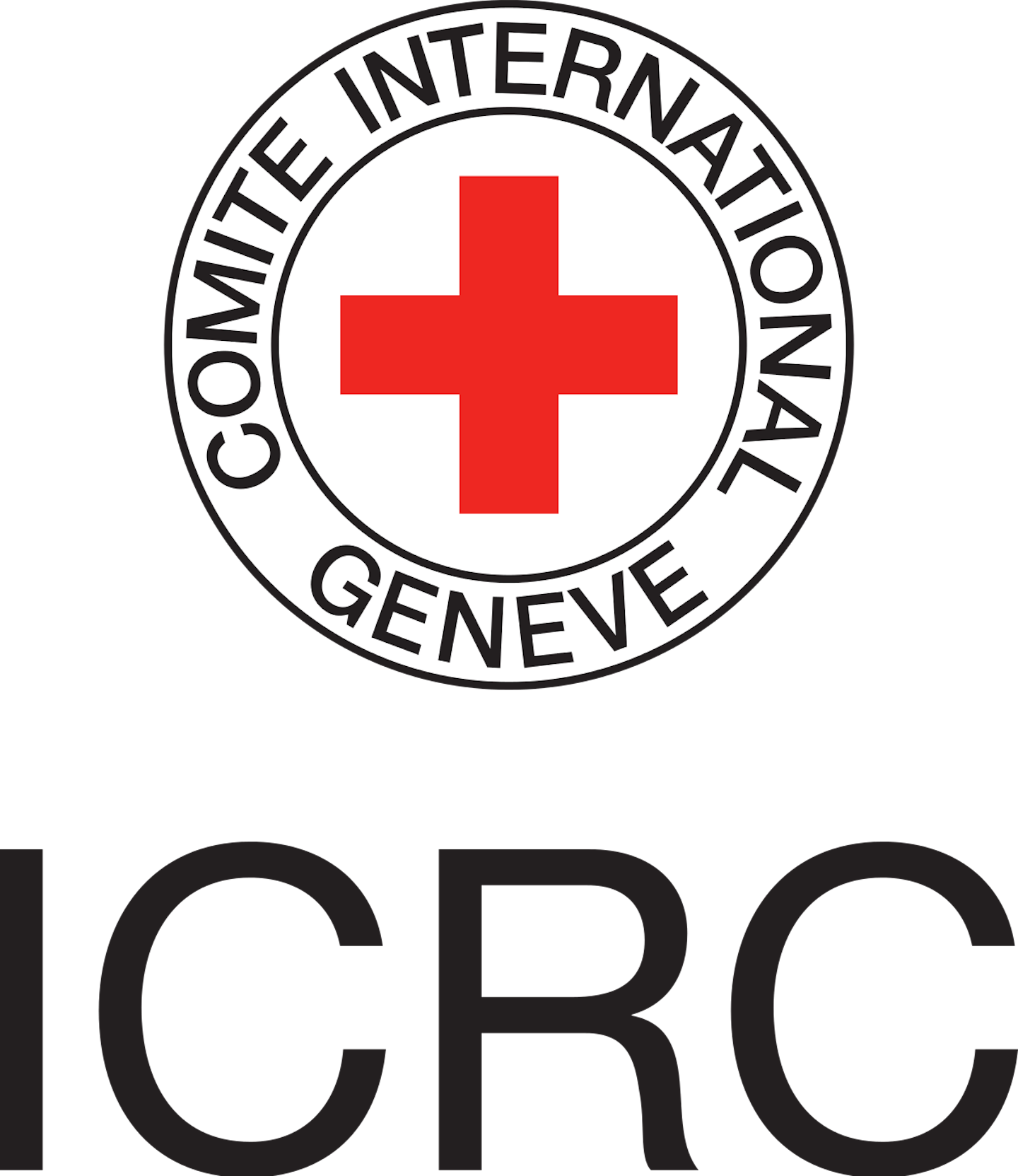 1 of 7
1 of 7International Committee of the Red Cross
The ICRC and its partner the Afghan Red Crescent Society (ARCS) are evacuating the wounded, transporting those killed back to their families and helping patients suffering from weapon-related injuries.
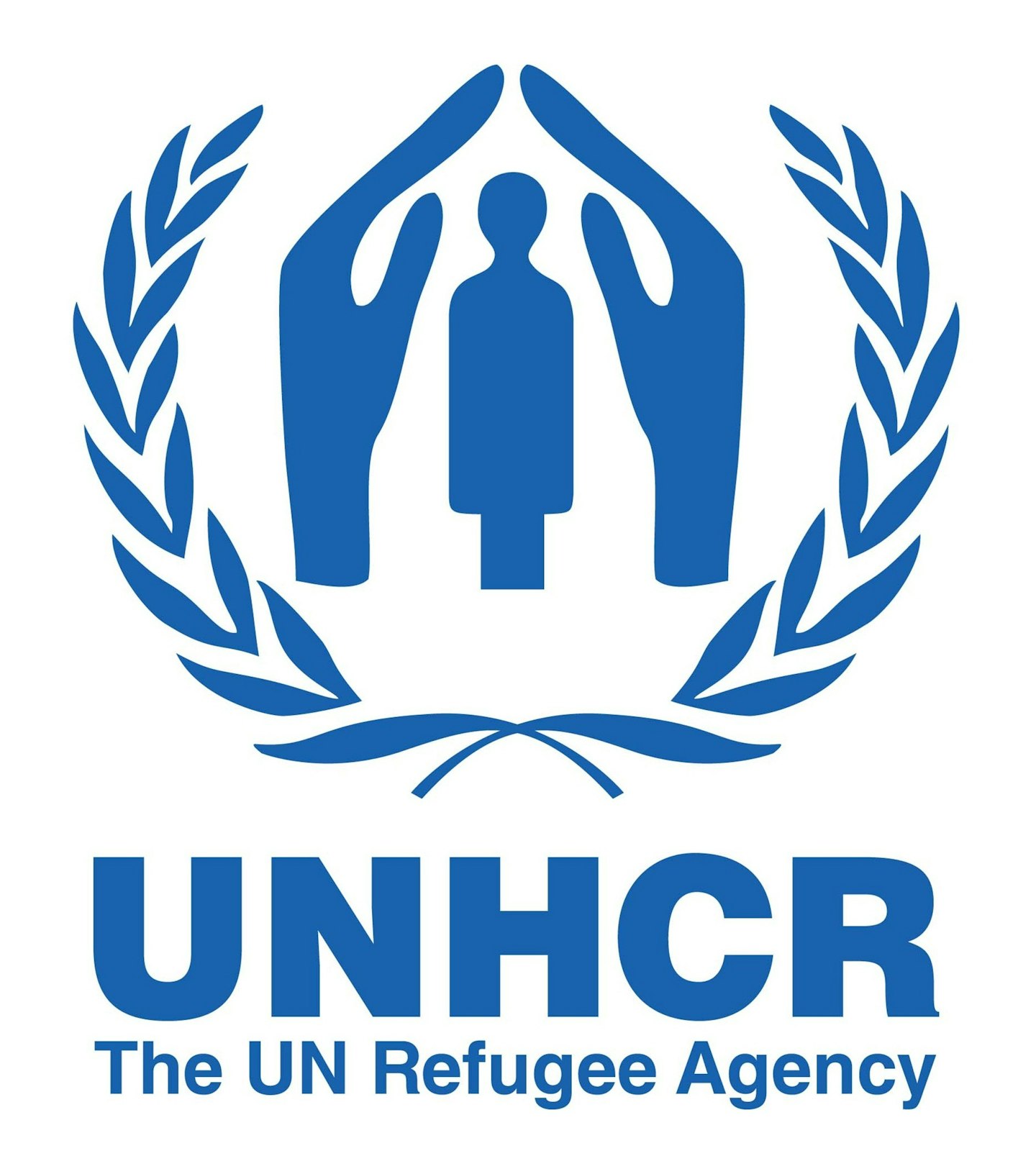 2 of 7
2 of 7The UN Refugee Agency
The UNHCR is providing food, shelter, hygiene and sanitary kits and other lifesaving assistance, together with partners.
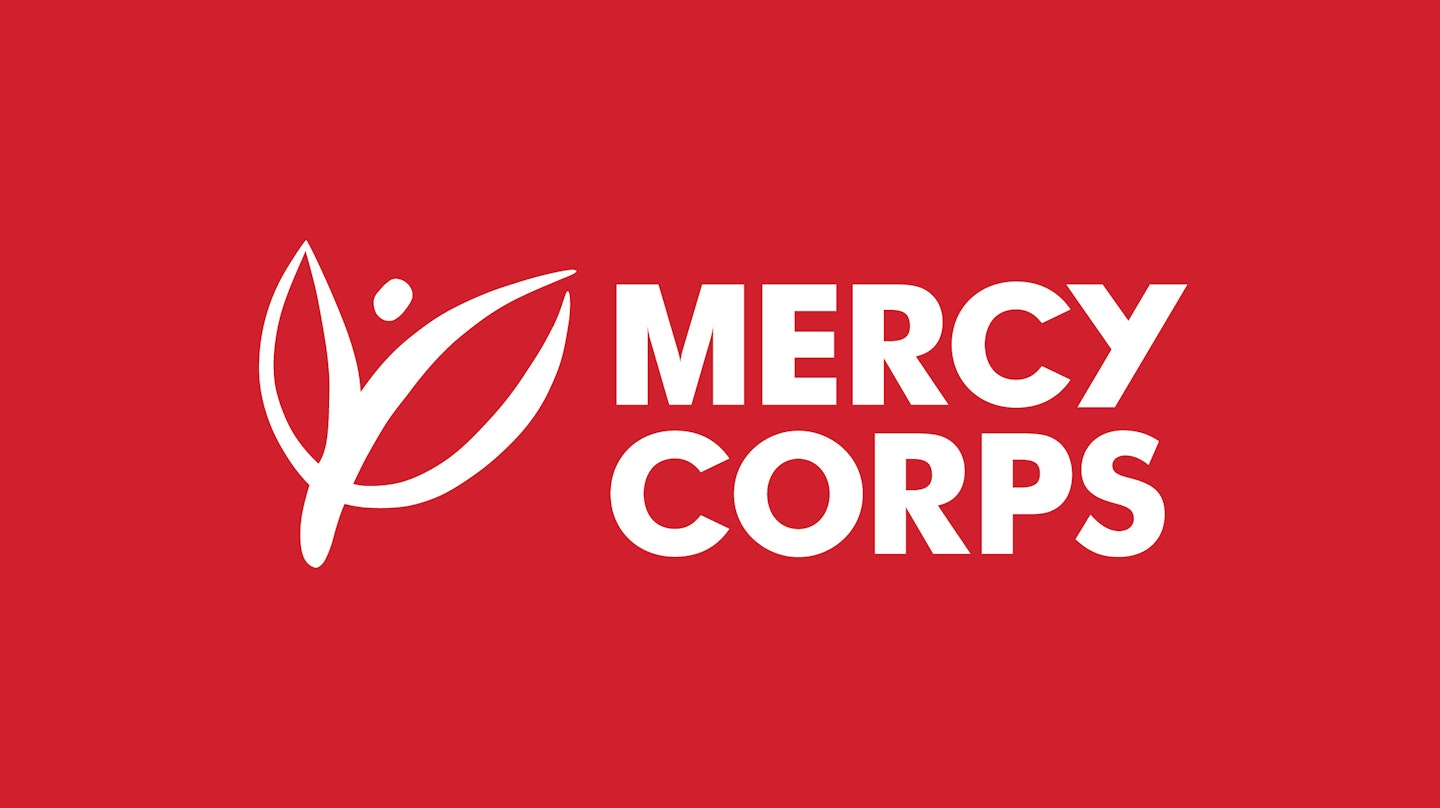 3 of 7
3 of 7Mercy Corps
Mercy Corps is on the ground in Afghanistan working to get clean water and sanitation supplies to those families who recently fled to Kabul, and has pledged to stay as long as it can, safely.
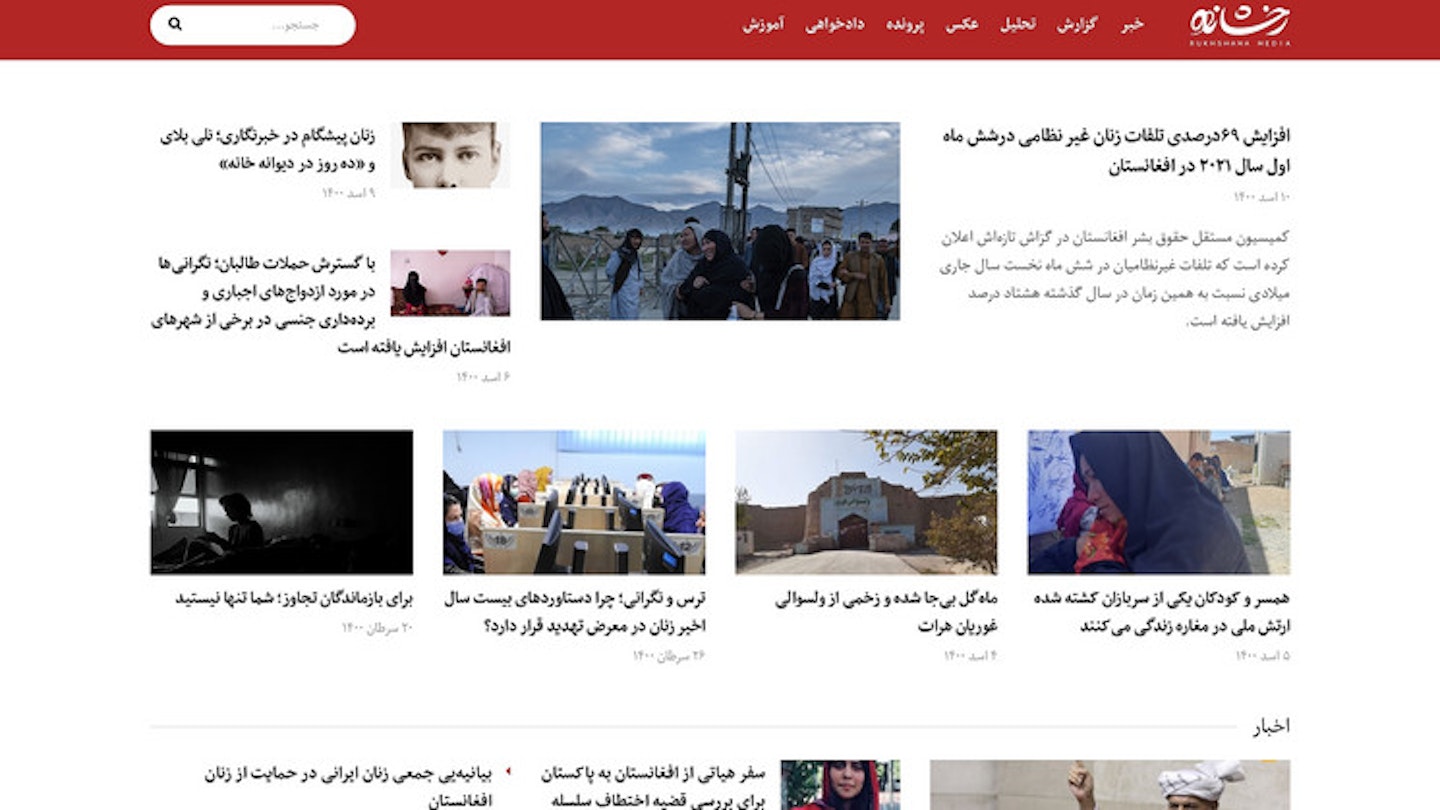 4 of 7
4 of 7Rukshana Media
Rukhshana Media —named after the woman who was stoned to death by the Taliban in 2015 — produces news from the perspective of women, in a country where where their views are almost always excluded. The organisation has stated that with escalation of the Taliban's control , the survival of Rukhshana Media depends on external help.
 5 of 7
5 of 7Choose Love
With so many attempting to flee Afghanistan, the refugee crisis is only escalating. Choose Love sells real supplies and services you can buy for refugees, including lifesaving search and rescue boats to food and legal advice.
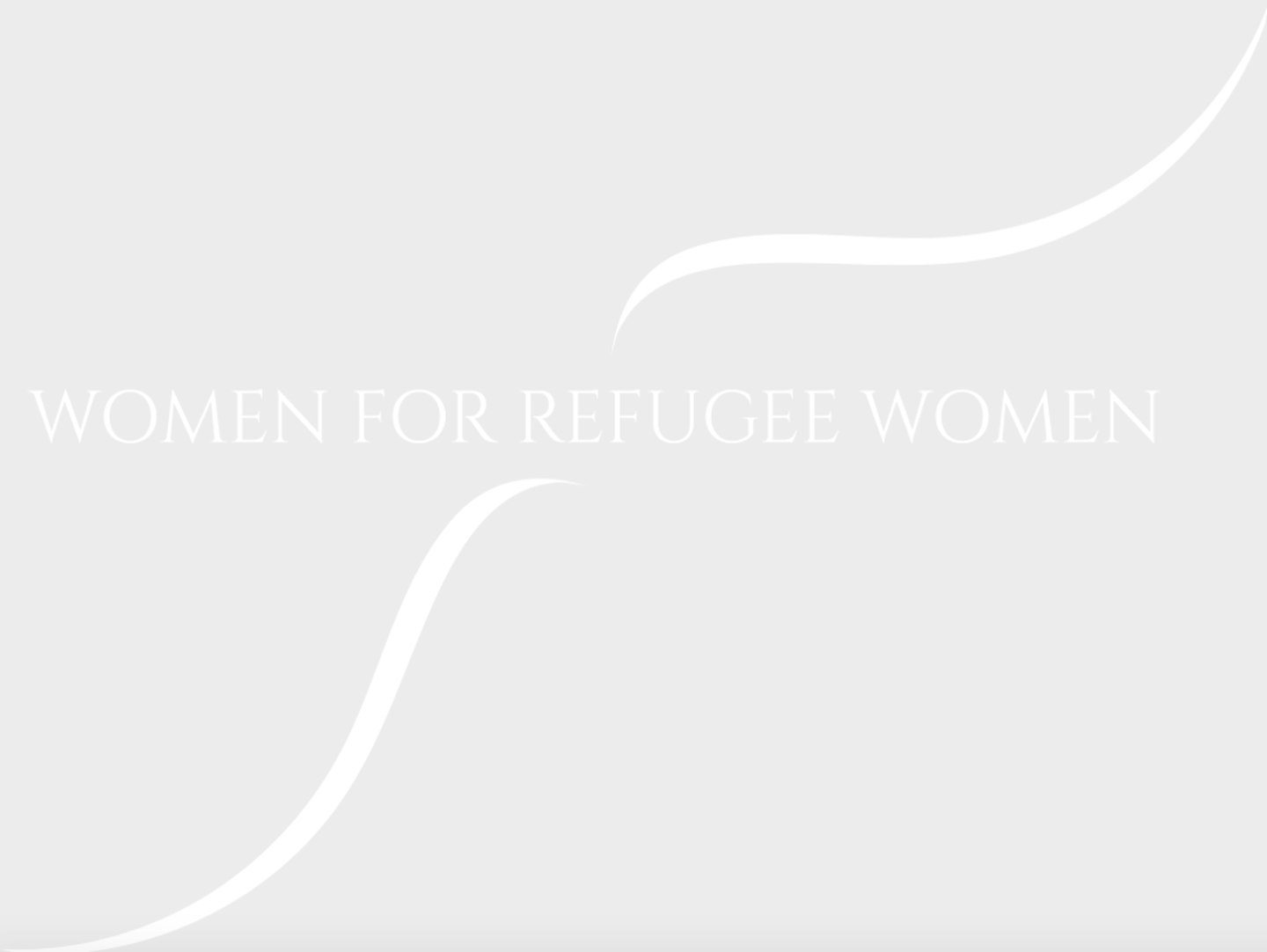 6 of 7
6 of 7Women for Refugee Women
Another long-term charity option, this organisation helps empower female refugees to become leaders and advocates for change. Through English lessons, drama and other activities, they support women to build their confidence and skills, while combating the isolation faced by women seeking asylum and creating pathways for women to rebuild their lives with dignity.
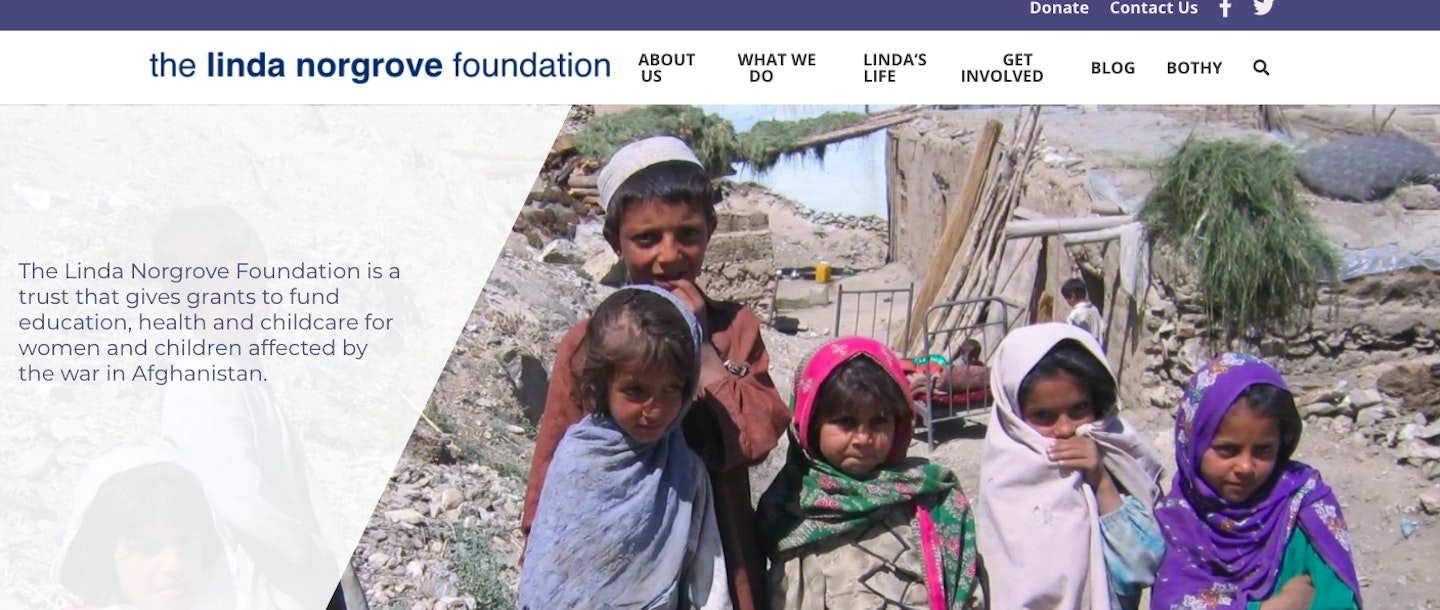 7 of 7
7 of 7The Linda Norgrove Foundation
A long-term charitable option, the Linda Norgrove Foundation supports women and children in Afghanistan with emphasis on projects providing education and income, promoting long-lasting change, using grants to fund education, health and childcare for women and children affected by the war.
